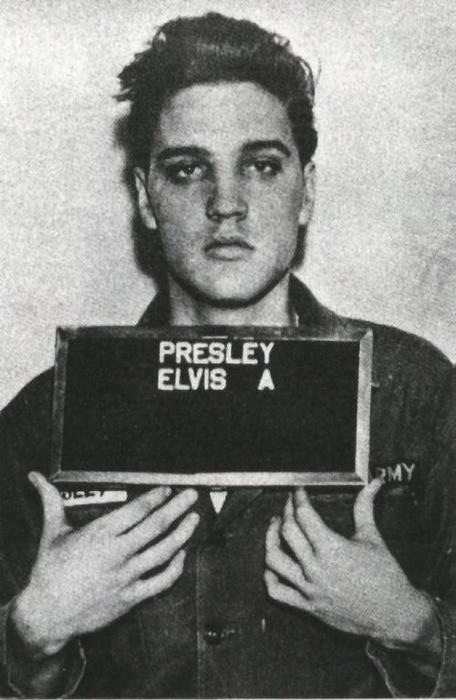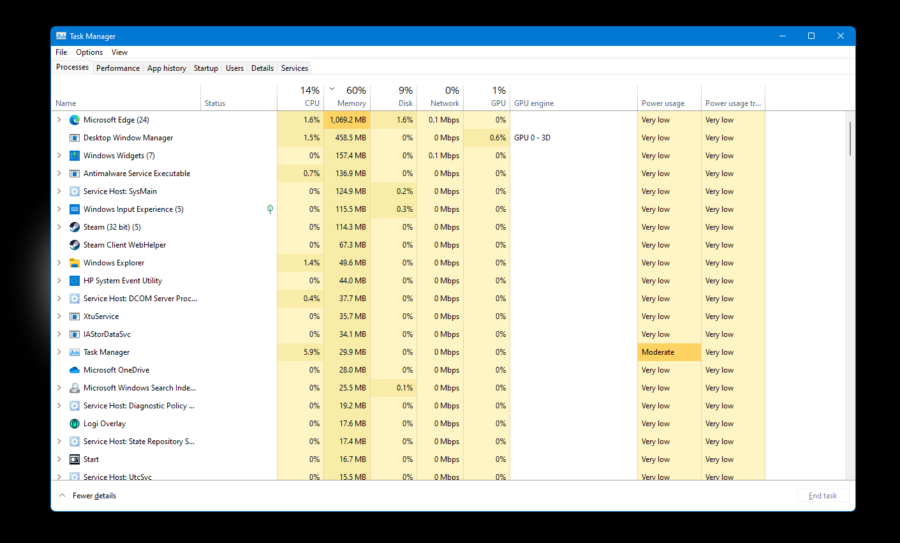The Case Against Anti-viruses
Times have changed, people’s instincts have not.
April 17, 2022
If you own a Personal Computer, there is a decent chance that you have anti-virus software installed on your computer. However, I would advise against this common, almost ubiquitous practice. This is due to a few reasons, some of which defeat the reasons why people have them installed in the first place.
-
- Anti-viruses are commercial software. Compared to some open projects like VLC or Chrome, anti-virus software is made by companies without outside collaboration. Why is this a problem? Incentives. Anti-viruses do not have the incentive of a superior product, but a profitable one. Most of their customers either have it pre-installed or have brand loyalty. This leads to software that has bundle-ware, where it installs crud that nobody wants but is bundled in. It also makes you want to buy higher tiers, which leads to scare tactics and popups being used.
- Anti-viruses are resource intensive. By design, an anti-virus has to scan the entirety of the Program Files to see if any malware is installed, which is, a lot of files, which in return, makes it use your storage resources, which in return, slows down your computer. And, many anti-virus programs run when your computer is on, so it could still be scanning without you knowing.
- Anti-viruses are obsolete. The internet is not the same as it was 15 years ago, for better or for worse. It has become a lot more secure, and most marketplaces like Steam or the Chrome store have quality standards to ensure malware won’t spread. Plus, Windows comes with a built-in defender called- well, Windows Defender, which is serviceable and will work for most people. Sometimes, common sense when installing software is more than enough.
To remove an anti-virus, you can uninstall it mostly through the Windows Settings program. And if you just want to make it not run by default, you can disable this behavior in the Task Manager.


































